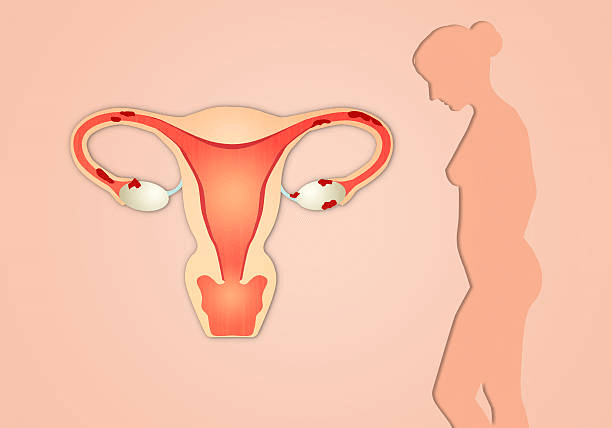Coping with Stillbirth: A Guide to Healing

Experiencing the loss of a baby during pregnancy is one of the most devastating and traumatic events that parents can face. The emotional toll is immense, especially in the case of a stillbirth, which occurs later in pregnancy compared to a miscarriage. The profound grief and pain can feel overwhelming, but understanding and acknowledging your emotions can be the first step toward healing.
Understanding the Grieving Process
Grief is a natural response to losing a baby. The intensity of this grief can be more profound for the mother, who has carried the baby and felt a physical connection. However, it is essential to recognize that everyone grieves differently. Some common emotions and reactions include:
- Loneliness and Isolation: Feeling disconnected from others and alone in your pain.
- Unexplained Crying: Sudden bouts of tears triggered by memories or the reality of the loss.
- Guilt: Questioning if something could have been done differently.
- Anger and Blame: Directing anger towards oneself, a partner, or even medical professionals.
- Loss of Appetite: A lack of interest in food due to overwhelming sadness.
- Despair: Feeling hopeless about the future.
- Lack of Concentration and Memory: Difficulty focusing on tasks or remembering details.
- Depression: Persistent sadness, lack of interest in activities, and feeling helpless.
Seeking Support
The grieving process can be emotionally and physically exhausting. It’s crucial to seek support during this time. Here are some ways to find help:
- Talk to Loved Ones: Sharing your feelings with a supportive friend, family member, or your partner can provide comfort.
- Professional Help: If your grief feels unbearable or leads to severe depression, consider speaking with a mental health professional, such as a grief counselor or therapist.
- Support Groups: Joining a support group for parents who have experienced stillbirth can provide a sense of community and understanding.
Also read: Second Trimester Miscarriages
Recognizing Different Grieving Styles
Everyone grieves differently. Your partner, for example, may internalize their grief or express it differently. Friends and family might not fully understand your pain and may seem distant or unhelpful. It’s important to communicate your needs and let them know how they can support you.
Addressing Severe Depression
If you experience severe depression or have thoughts of harming yourself or others, seek immediate help from your healthcare provider. Depression is treatable, and getting the right support can prevent further emotional distress.
Practical Steps for Coping
- Self-Care: Prioritize your physical health by eating well, getting enough sleep, and engaging in gentle exercise.
- Memorialize Your Baby: Create a memorial or keepsake to honor your baby’s memory.
- Routine: Establish a daily routine to bring a sense of normalcy and stability.
- Patience: Give yourself time to grieve. Healing is a gradual process and varies for everyone.
Conclusion
Coping with stillbirth is an incredibly challenging journey. By acknowledging your grief, seeking support, and taking care of yourself, you can begin to heal. Remember, it’s okay to ask for help and to take the time you need to process your loss. Support is available, and with time, you can find a path forward.
Also read: Understanding Forceps Delivery: What You Need To Know






